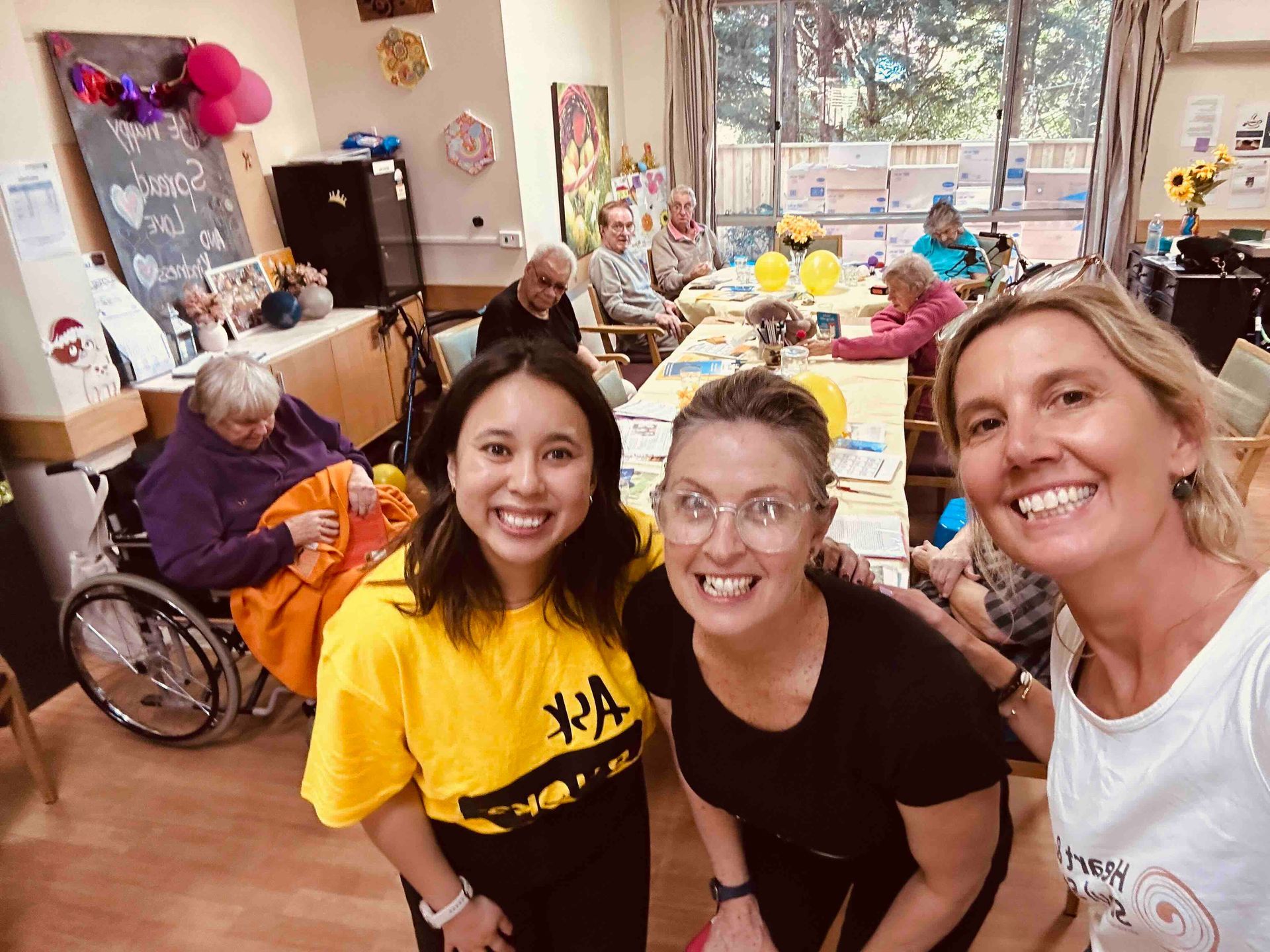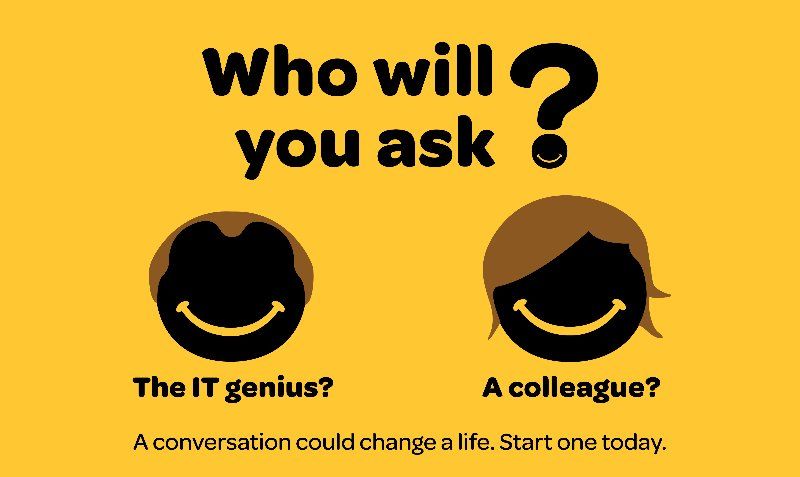An Open Letter to the Family, Friends and Co-workers of Those Suffering from Mental Illness
Alex Phillips is an R U OK? supporter and the founder and editor of The Banter Press – a series of thoughts, reflections, soulful advice and general banter for conquering your twenties and beyond.
This article first appeared on The Banter Press.
After battling my fair share of demons and watching the strongest person I know fall apart, I’ve come to two conclusions. One - starting and continuing what may be a series of heart breaking conversations is absolutely critical in reversing one’s feelings of isolation. Two - assumptions will not fix anything, they add zero value to the situation, so avoid them at all costs. If a family member, friend or co-worker appears detached from their usual self, is visibly upset or you know that they are suffering from some form of mental illness, be the one to start the conversation.
A couple of weeks ago, I burst into tears at work - the uncontrollable kind. The floodgates were activated by a conversation I had with my dad the night before via Facetime. I was speaking with a ghost, not the loud, jolly dad who I took for granted when growing up. It was difficult to digest and it had seeped so far into my thoughts that it was inhibiting my ability to work. I just needed someone to talk to and connect with, but all I received was silence. The silence only bred feelings of disconnect and internal rage over the lack of human empathy displayed. How can you ignore someone who is shamelessly sobbing and clearly not okay? Assumptions, that's how. The assumption that I probably didn’t want to talk about it.
It’s not a matter of prying when you’re genuinely concerned about someone’s mental wellbeing. At the end of the day, it’s up to the individual to disclose the details on why they’re feeling or acting the way they are. Give them the opportunity to get it off their chest. They may not have found the courage to start the conversation, but you can. I know that listening to what they have to say can be heavy and overwhelming and you may not know what to say back. We don't expect you to have the answers or assume the role of a trained therapist, just be there to listen and offer your sincere support. Leverage the power of conversation and help build a network of support around your loved ones.
If your co-worker was physically ill or noticeably injured in front of you, I highly doubt you would ignore it. The actions you take in that scenario shouldn’t be any different to an emotional encounter. Alleviate the disconnect, avoid assumptions and help your family member, friend or co-worker unlock a future beyond the darkness.
How can I start a conversation?
- Be relaxed. Approach the conversation in a casual and informal manner and tone
- Make sure you are having the conversation in a quiet place, free from interruptions and where you cannot be overheard.
- Start off with something like “I just want to check in with you and see how you are doing?” or “Is everything ok?”
- Assume the role of the listener and listen without interruption or judgement
- Gently encourage action to link the person in with some help, such as a trusted family member, GP or counsellor.
- Check back in with them again soon.
You can find tips and resources to help you get the conversation started at http://www.ruok.org.au/
If you or someone you know is in need of crisis support, please call Lifeline on 13 11 14 or visit www.lifeline.org.au/gethelp.
You can find other support services at http://www.ruok.org.au/findhelp






















